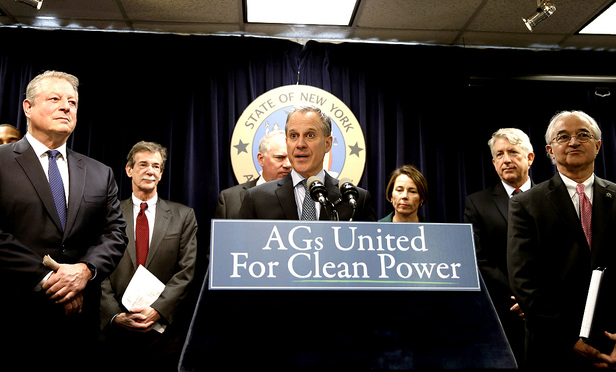The House Committee on Science, Space, and Technology has subpoenaed official investigative files of the attorneys general of New York and Massachusetts. The provocation for the subpoenas was that the attorneys general, presented with evidence that fossil fuel companies may have misled customers and investors, undertook investigations to determine if there were any violations of state law. For the moment, there is a standoff; the attorneys general are refusing to comply, and the congressional committee has not moved to enforce its subpoenas. The result from this standoff could well end up in our law books and history books.
We start with congressional committees enjoying a presumption that their subpoenas are legitimate legislative business. Courts are thus reluctant to review direct challenges in the form of the usual motion to quash. As a matter of procedure, objecting recipients of congressional subpoenas refuse to comply, and then raise their arguments as defenses if the committee seeks enforcement of the subpoena.
ON WHOSE BEHALF
This content has been archived. It is available through our partners, LexisNexis® and Bloomberg Law.
To view this content, please continue to their sites.
Not a Lexis Subscriber?
Subscribe Now
Not a Bloomberg Law Subscriber?
Subscribe Now
LexisNexis® and Bloomberg Law are third party online distributors of the broad collection of current and archived versions of ALM's legal news publications. LexisNexis® and Bloomberg Law customers are able to access and use ALM's content, including content from the National Law Journal, The American Lawyer, Legaltech News, The New York Law Journal, and Corporate Counsel, as well as other sources of legal information.
For questions call 1-877-256-2472 or contact us at [email protected]






